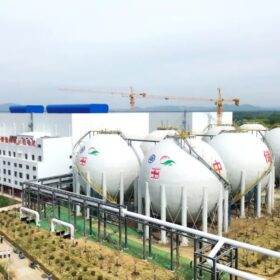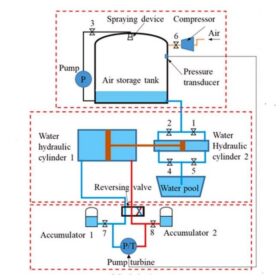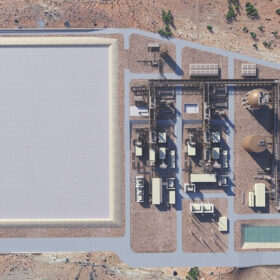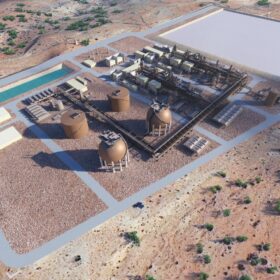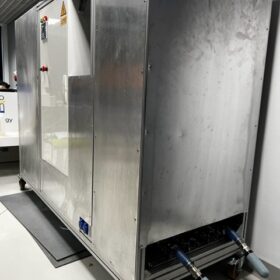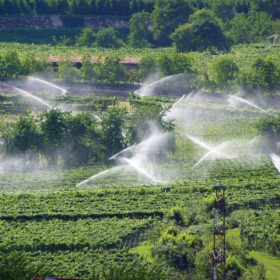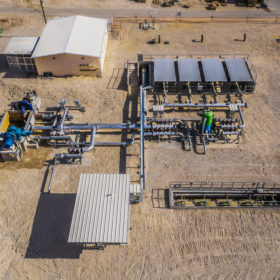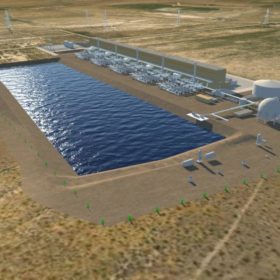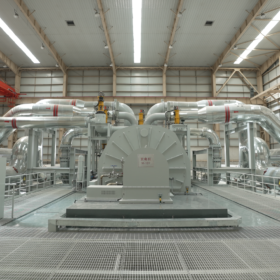World’s largest compressed air energy storage project comes online in China
Zhongchu Guoneng Technology Co., Ltd. (ZCGN) has switched on the world’s largest compressed air energy storage project in China. The $207.8 million energy storage power station has a capacity of 300 MW/1,800 MWh and uses an underground salt cave.
Integrating pumped hydro with compressed air energy storage
A group of Chinese researchers has made a first attempt to integrate pumped hydro with compressed air storage and has found the latter may help the former to better deal with large head variations.
Compressed air energy storage at a crossroads
Compressed air energy storage (CAES) is considered a mature form of deep storage due to its components being firmly “de-risked” but few projects are operating in the Western world. A project in the remote New South Wales town of Broken Hill promises to lead the way.
Australian town to host 200 MW/1,600 MWh compressed air storage facility
Canada’s Hydrostor has struck a deal to provide backup power to a remote town in the Australian state of New South Wales by using a compressed air energy storage plant that will be built in an underground cavern at one of the region’s closed mines.
Hydrostor strikes deal for compressed air energy storage facility in Australia
Hydrostor has signed a deal with miner Perilya to build a 200 MW/1,600 MWh advanced compressed air energy storage facility in a disused mine cavity in New South Wales, Australia.
Micro compressed air storage system for residential, industrial applications
A Polish research team has developed a micro compressed air storage system that could be used in residential and industrial buildings where additional low-temperature waste heat is available. The system is claimed to have optimal control of the compressed air expansion process performance via pulse width modulation (PWM).
Powering sprinklers with PV, compressed air storage
A research group in China has proposed to solve the typical high working pressure issues of solar-powered sprinklers by using compressed air energy storage (CAES). According to their findings, combined PV-CAES sprinklers can easily achieve high pressure and low intensity high-quality water spraying.
‘Least-cost’ model for compressed air energy storage
Stanford University researchers have created a model to assess how much compressed air storage capacity might be needed for the deep decarbonization of power systems, while compensating for the variability of wind and solar-based power systems. They applied the model to California’s energy system and found that compressed air could be very competitive on a dollars-per-kilowatt-hour basis.
California aggregator to buy capacity from compressed air storage project
Under a 25-year agreement valued at nearly $1 billion, a community choice aggregator has agreed to purchase 200 MW of eight-hour energy storage from Hydrostor’s planned 500 MW facility in California.
World’s largest salt cavern compressed air storage project breaks ground
Construction has started on a 350 MW/1.4 GWh compressed air energy storage project in Shangdong, China.
